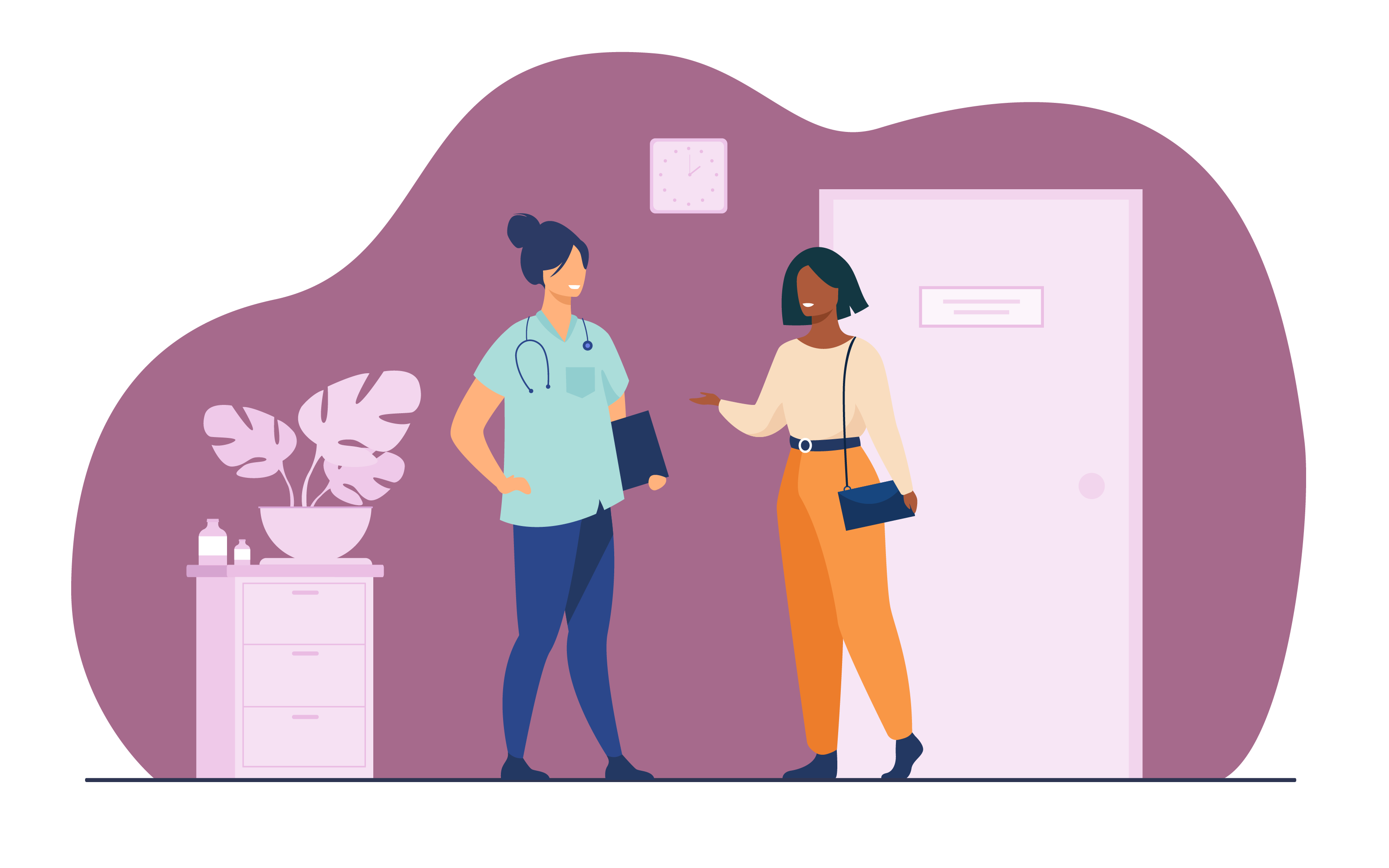Polycystic Ovary Syndrome (PCOS) and Black Women
Polycystic ovary syndrome (PCOS) is a health problem that affects 1 in 10 women of childbearing age.
PCOS is caused by an imbalance of reproductive hormones. With PCOS, the egg may not grow as it should or may not be released when it should. It affects women’s health and appearance. PCOS is also a common and treatable cause of infertility.
PCOS can cause:
- missed, heavy, or irregular menstrual periods
- infertility (inability to get pregnant)
- the growth of cysts (small fluid-filled sacs) in the ovaries
- excess hair growth on the face, chest, back, and belly
- acne
- weight gain
- darkening of skin
- headaches
Who gets PCOS?
Women aged 15 to 44 are most likely to get it, but anyone can get it after starting their cycle. PCOS affects women of all races, but there are some unique ways in which it may affect Black women. Black women with PCOS may have:
- Increased excess hair growth
- Higher risk of heart disease
- more difficulty getting pregnant
Black women are affected more often than others by PCOS. If you have PCOS, you may have a mother or sister who also suffers from PCOS. It seems to run in families. PCOS can be passed down from either the mother’s or father’s side.
Treatments
There are several treatments for PCOS. Your doctor may prescribe one or both of the following:
Oral Contraceptives
Birth control pills can help regulate hormones and reduce symptoms like excess facial hair and acne.
Androgen-lowering medicine (spironolactone)
Androgen reducing medicine may be used along with birth control pills to help reduce symptoms.

